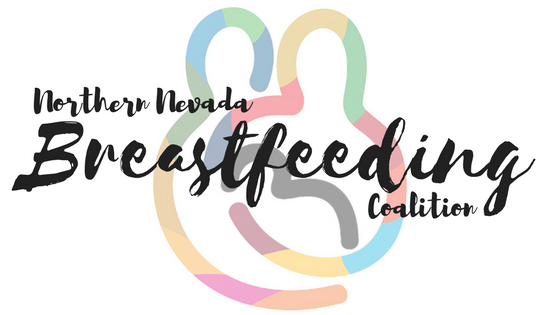|
Breastfeeding Benefits |
Benefits for Mom and BabyBy Pam Warren R.N., B.SN., C.C.E. IBCLC Are you trying to make the decision whether to breastfeed? Consider the following... The benefits of breastfeeding are many. The simplest explanation is that we are mammals and all mammals make specific milk for their babies. Breast milk is not only food, but contains antibodies and hormones. This great TedTalk by Katie Hinde can explain a little more. The American Academy of Pediatrics refers to breast milk as "The First Immunization". Babies who are fed human milk have less illness ( respiratory infections, less incidence of SIDS (Sudden Infant Death Syndrome) and more. Besides the protective properties of breast milk for babies, a mother who breastfeeds is also provided with health benefits (less high blood pressure, less diabetes, less breast and ovarian cancer). Breastfeeding saves the family money as there is no added cost of purchasing "breast milk substitutes" as well as less money for healthcare costs. Breastfeeding is better for our environment. There is no waste or transportation costs. Breastfeeding improves the health of our mothers and babies! |
Benefits of Breastfeeding SupportBy Meredith Pollaro, OTR/L, IBCLC, RLC Breastfeeding support is a key component to a woman's success in meeting her individualized breastfeeding goals. Many women report not reaching their breastfeeding goals and site lack of information, support and resources as causes. Women need their partners, family, healthcare professionals, and community support when navigating breastfeeding as a new and even experienced mom. They also need access to compassionate, quality, educated and up-to-date providers and community-based classes and mom-to-mom peer support groups. These things help a woman better navigate her breastfeeding journey. The benefits of breastfeeding to both mom and baby are exponential and being well informed is important when making such important feeding decisions. Breastfeeding support is essential and well known to have impacts on breastfeeding initiation, exclusivity, and duration. Research shows that partners and husbands are the biggest influence on breastfeeding success. The World Health Organization states, "Breastfeeding is the normal way of providing young infants with the nutrients they need for healthy growth and development. Virtually all mothers can breastfeed, provided they have accurate information, and the support of their family, the health care system and society at large. Colostrum, the yellowish, sticky breast milk produced at the end of pregnancy, is recommended by WHO as the perfect food for the newborn, and feeding should be initiated within the first hour after birth. Exclusive breastfeeding is recommended up to 6 months of age, with continued breastfeeding along with appropriate complementary foods up to two years of age or beyond.” Everyone plays an important role in making breastfeeding successful. "Breastfeeding is a mother's gift to herself, her baby and the earth"-Pamela K. Wiggins. |
